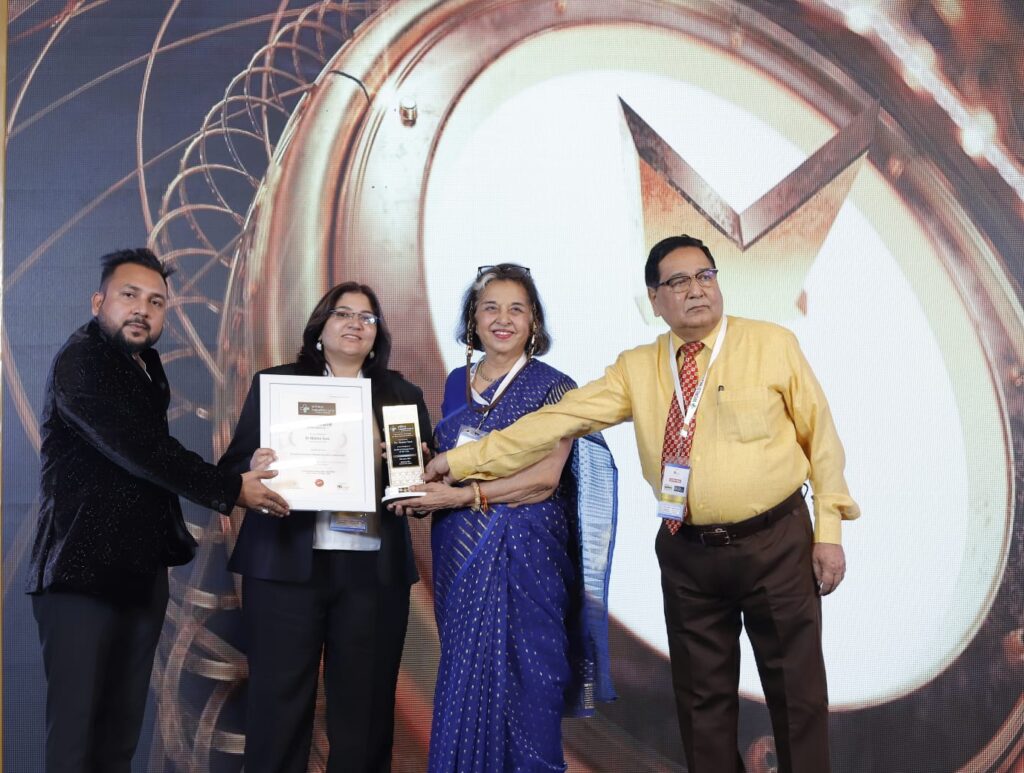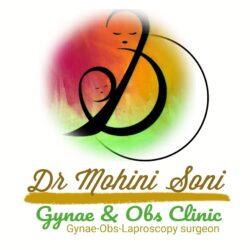Table of Contents
ToggleICSI Treatment with best gynecologist in vasant kunj delhi : Dr mohini soni

Intracytoplasmic Sperm Injection which is commonly known as the ICSI helps to fertilize the egg. It is generally used along with the In Vitro Fertilization treatment in order to help you conceive a pregnancy. ICSi is the most successful form of assisted reproductive techniques and it is used to treat male infertility. ICSI ivf Treatment in Delhi provides you with the great experience of male infertility treatment with a high success rate.
In the Intracytoplasmic sperm injection (ICSI) treatment in Delhi only one sperm is required and it is injected directly into the egg. Then the fertilized egg is carefully transferred into the uterus.
In ICSI treatment, the sperm does not have to travel towards the egg and it does not even need to penetrate the outer layer of the egg. The entire process is carried out in the laboratory at the IVF Centre with the help of highly advanced equipment. When there is male infertility like immobility of sperm, low sperm count, poor quality of sperm and abnormally sperm, then this method is very useful.
ICSI is typically used in cases where traditional IVF treatments may not be successful due to factors such as:
1. Low Sperm Count: When the sperm count is very low, ICSI can be used to directly inject a sperm into an egg, bypassing the need for the sperm to reach and penetrate the egg on its own.
2. Poor Sperm Motility: If the sperm have difficulty moving or swimming, ICSI can be used to overcome this issue by manually placing the sperm inside the egg.
3. Abnormal Sperm Morphology: When sperm have abnormal shapes or structures that hinder their ability to fertilize an egg, ICSI can bypass these abnormalities by directly injecting a viable sperm into the egg.
4. Previous IVF Failure: If previous attempts at IVF have failed due to fertilization problems, ICSI may be recommended to increase the chances of successful fertilization.
The process of ICSI involves several steps:
1. Ovulation Stimulation: The female partner undergoes hormonal stimulation to produce multiple eggs during a single cycle. This is monitored using ultrasound and blood tests.
2. Egg Retrieval: Once the eggs are mature, they are retrieved from the ovaries using a minor surgical procedure called follicular aspiration.
3. Sperm Collection: The male partner provides a sperm sample, which is then processed in the laboratory to isolate the most viable and healthy sperm.
4. ICSI Procedure: Using a specialized microscope and micromanipulation tools, a single sperm is selected and injected directly into each mature egg.
5. Fertilization and Embryo Development: After the injection, the eggs are monitored for signs of fertilization. Fertilized eggs (embryos) are cultured in the laboratory for a few days until they reach a suitable stage for transfer.
6. Embryo Transfer: One or more healthy embryos are selected for transfer into the woman’s uterus, where they may implant and result in a pregnancy.
ICSI has been successful in helping many couples overcome male infertility factors and achieve pregnancy. It’s important to note that while ICSI treatment ivf increases the chances of fertilization, it does not guarantee pregnancy, and other factors such as embryo quality and uterine receptivity also play crucial roles in the success of the treatment.
Benefits Of ICSI
The benefits of intracytoplasmic sperm injection treatment are more when compared to the other conventional methods of assisted reproduction. As the best ICSI and ivf specialist in vasant kunj centre in Delhi, we have the best facilities along with the best ivf doctor in Delhi. With our modern equipment, we can avail the following benefits along with the ICSI treatment.
Success Rate Of ICSI Treatment In Delhi
The ICSI success rate treatment in Delhi is higher than the other IVF methods. Although the ivf success rates of ICSI depends on your age, your fertility problem, the chances are good if you are younger and healthier. Here are the live births that might be possible with the help of Intra-cytoplasmic sperm injection (ICSI) treatment also adding ICSI procedure in IVF experts can increase your overall IVF treatment cost but in return provides you the high success rate.
- The chances of pregnancy are 35% if you are under 35 years
- There are 30% chance if you are between 35 years and 40 years
- You will have just 14% chances if you are above 40 years.
Had an IVF Failure?
Take a Second Opinion IVF From Our best gynecologsit in vasant kunj and IVF Specialist
ICSI Treatment FAQ’s
How Much Does ICSI Treatment Cost?
The average ivf cost of treatment is around Rs. 80,000 to 200,000 which can be depending on different factors. But if you are considering ICSI along with the IVF treatment, this will further rise by Rs.100,000. Thus, you can consider Rs. 100,000 to spend more on the ICSI treatment. Furthermore, the more the round of ICSI, the more the cost is.
How Successful Is ICSI?
The ICSI produce in India is far more successful than the other conventional reproductive techniques like IVF. The chances of fertilization will be increased by 75% in most of the IVF carried with the help of ICSI. Higher fertilization rate means more embryos formed during the process and this allows more embryos to be transferred to the uterus and freeze for future as well.
How Is ICSI Different From IVF?
The only difference between the ICSI and the IVF treatment is the injecting of healthy sperm directly into the eggshell. Right from collecting the healthy eggs to embryo transfer, all the steps of an IVF process is similar to ICSI. But in IVF the gametes are kept aside to be fertilized naturally without any equipment. And in ICSI, a single and healthy sperm is injected directly into the egg which increases the chances of conception.
Which Is Best IVF Or ICSI?
In these two assisted reproductive techniques, the eggs are fertilized in two ways. In IVF, thousands of sperms are added to each egg in the hope that one will fertilize the egg. While in ICSI, only a single and healthy sperm is directly inserted into the egg which initiated the process of fertilization. Although ICSI is not a guarantee that fertilization will be placed, it will increase the chances of fertilization by 75% and thus, it might be the best way to achieve a successful pregnancy.

